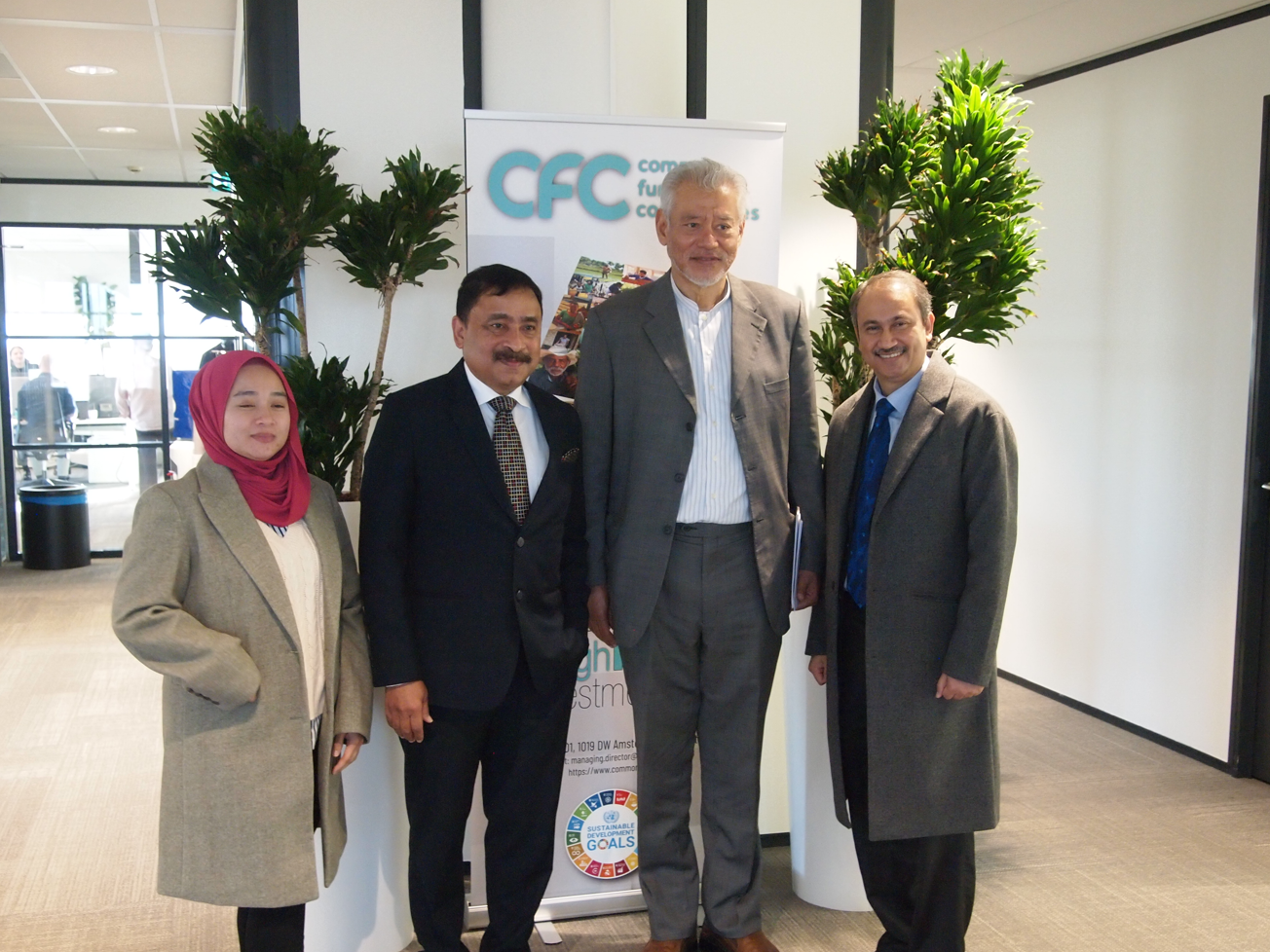Invest in smallholders to eradicate poverty
Investing in smallholders in developing countries enables them to bring much needed productivity and diversification in commodity trading to allow SMEs (small and medium enterprises) build thriving businesses that can withstand the global instability that often leads to poverty.
Speaking at the CFC webinar, How Commodities Can Tackle Poverty Eradication, economist Professor Jomo Kwame Sundaram, who is a senior adviser at the Khazanah Research Institute, described some of the major challenges facing smallholder farmers today.
“The war in Ukraine has constrained fertilisers coming from Russia and Belarus which means farmers who rely on them will not be able to produce as many crops as normal. This will result in a decline in supply, which may cause prices to increase but not enough to compensate for a farmer’s decline in output. In addition, extreme weather events due to global warming, such as drought and heavy rainfall caused by La Niña, are very problematic for farmers and food production,” he said.
Alongside a rising US dollar that is eroding the purchasing power of households and businesses, these events add to an already difficult situation for the poorest smallholder farmers.
For example, explained Jomo, the financialisation of commodity markets has led to speculation and price volatility that harms a smallholder’s ability to build a profitable business. Government investment in agriculture in developing countries has also steadily declined, which means they have very little additional support.
“Stabilising and improving commodity prices, while making food much more affordable and ensuring people have balanced diets, is extremely important,” he added.
The webinar went on to explore how targeted investment can increase the resilience of smallholders to this kind of economic instability.
CFC Financial Analyst Chris Rallis described how Senegal’s third largest rice processing business, Coumba Nor Thiam (CNT), is contributing to the country’s goal of rice self-sufficiency by investing in irrigation and modern equipment that enables smallholders to boost their productivity. The aim is to insulate the country from sudden rises in the international price of rice, and the CFC is supporting CNT with USD 1.5 million of financing to help Senegal achieve this.
Clément Chenost, the Co-Founder and CEO of Moringa Partnership, also discussed how his organisation supports smallholders to build profitability in a sustainable way. Since 2010 Moringa has invested USD 80 million in agroforestry businesses that practice regenerative agriculture in Latin America and Sub-Saharan Africa.
“Moringa isn’t philanthropy, our objective is to combine agronomy and social impact with profitability. To do this we work with smallholders to decommoditise agroforestry systems. We do not produce raw products for export but instead process them locally and export manufactured products that have less volatility and more margin.”
Commenting on the webinar, CFC MD Amb. Mohammed Belal, said: “Although smallholders are facing multiple challenges and there is a long way to go to create agricultural systems that provide them with genuine economic security, this webinar gave an insightful snapshot of the potential of investment to improve their livelihoods. Without smallholders there won’t be food on the table. I’d like to thank everybody who was part of our expert panel and all those who joined us to watch or listen.”

